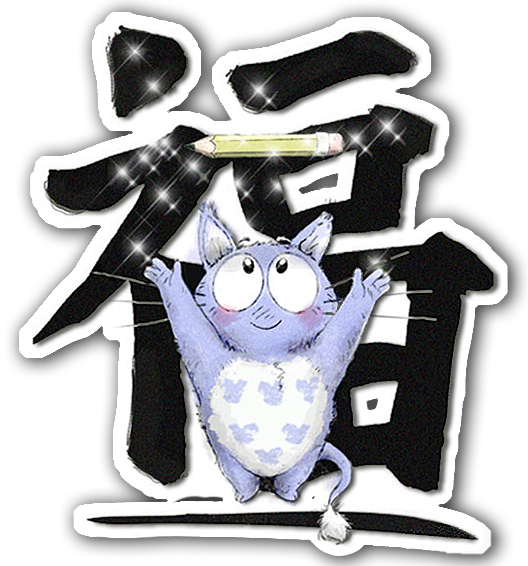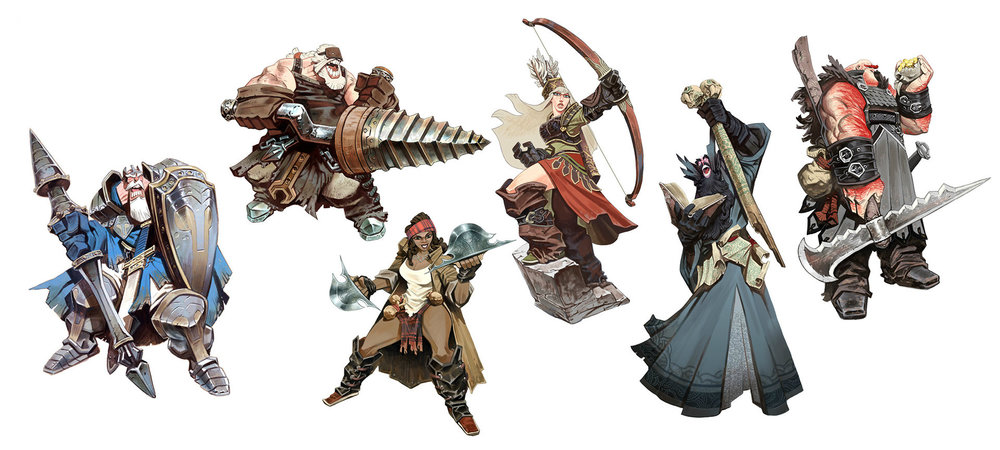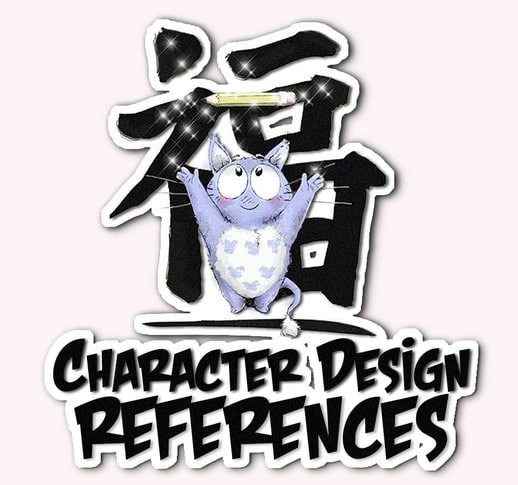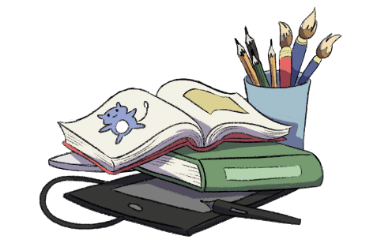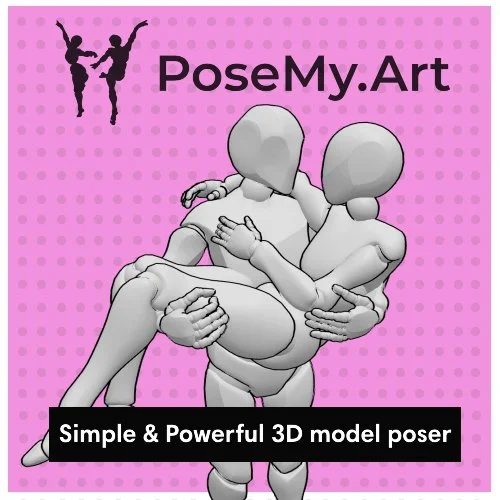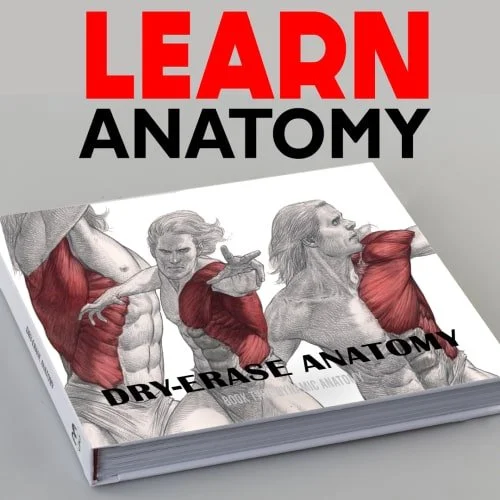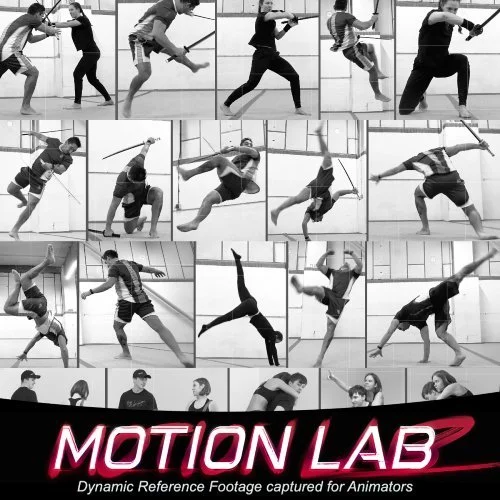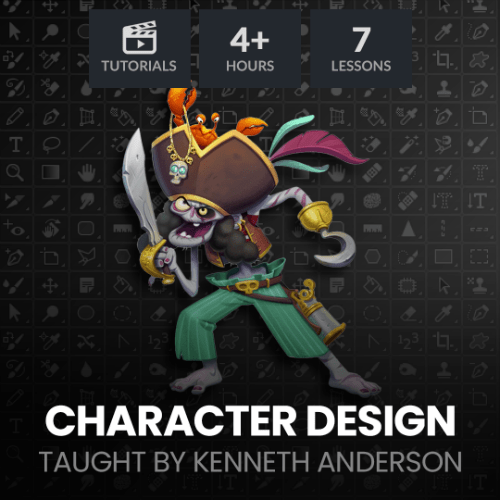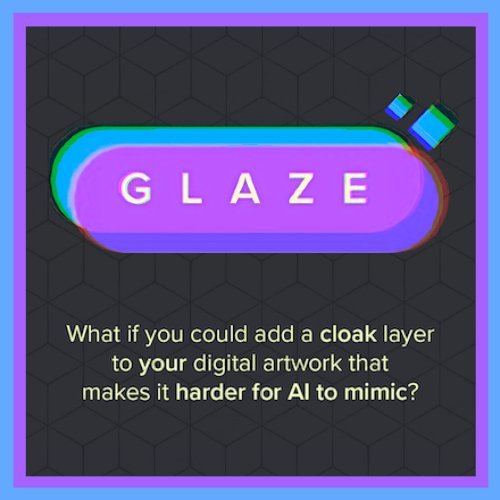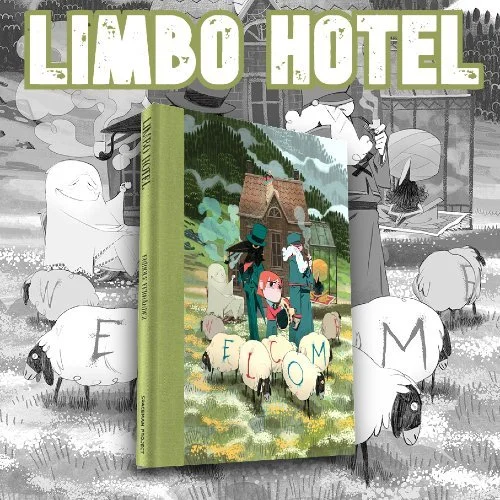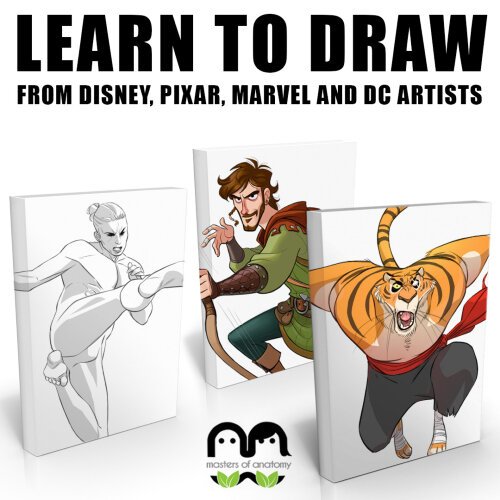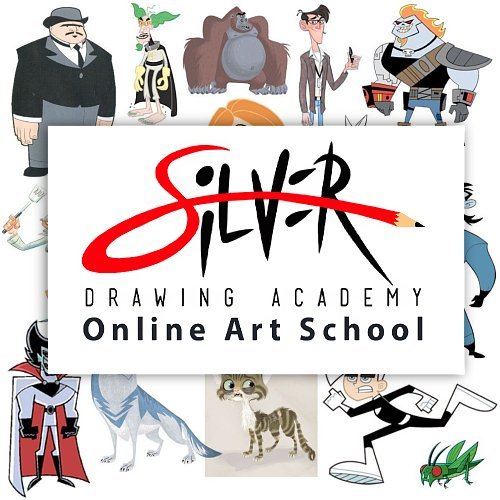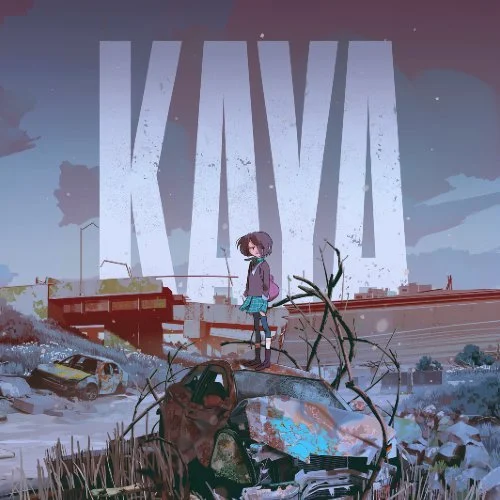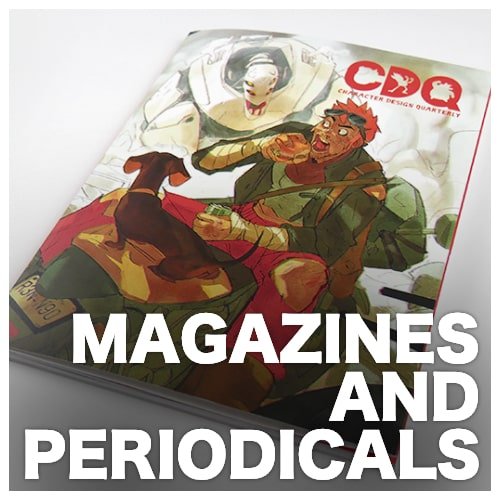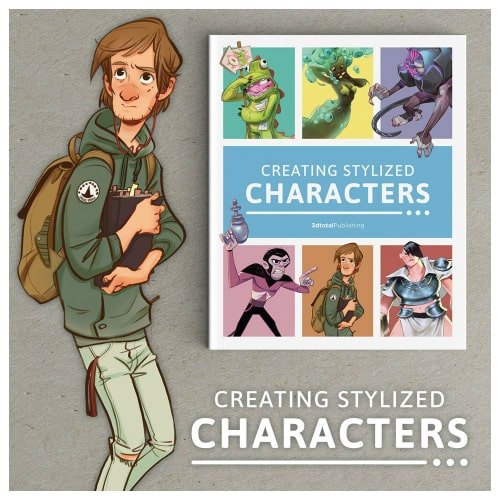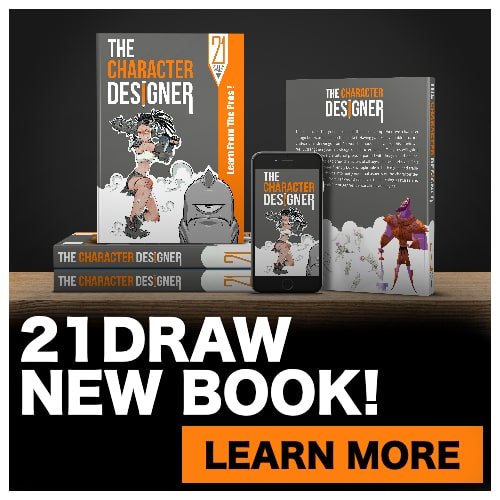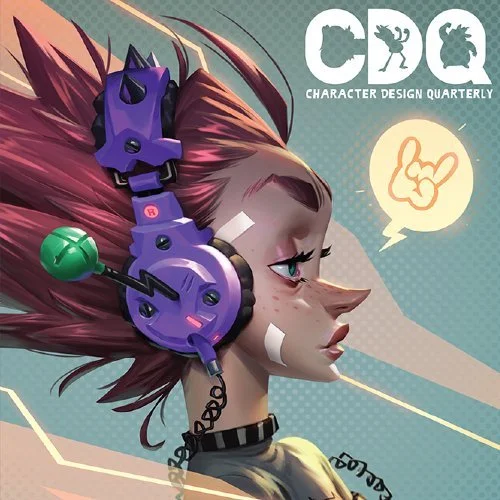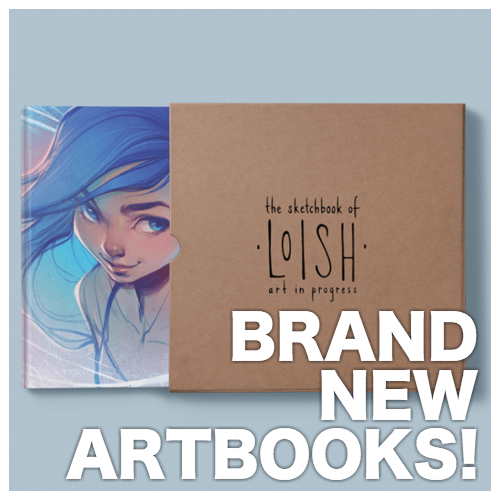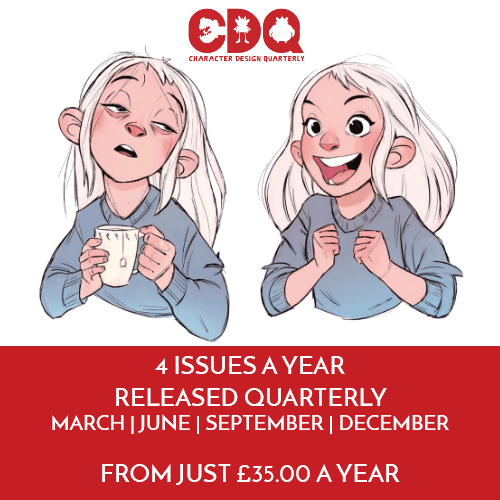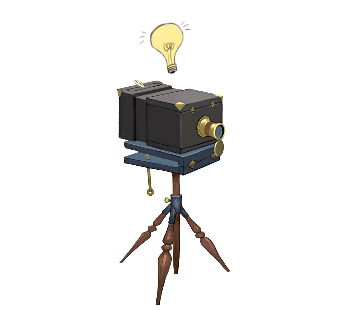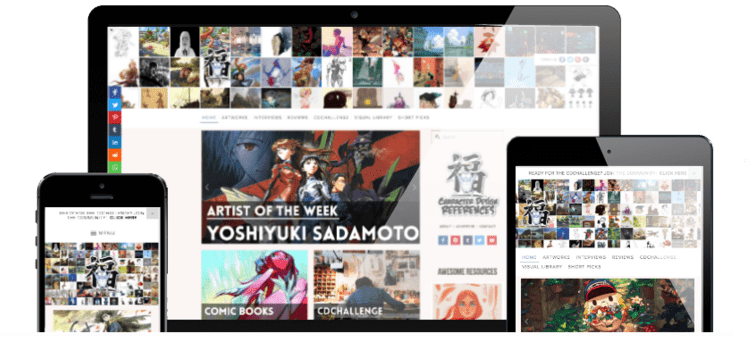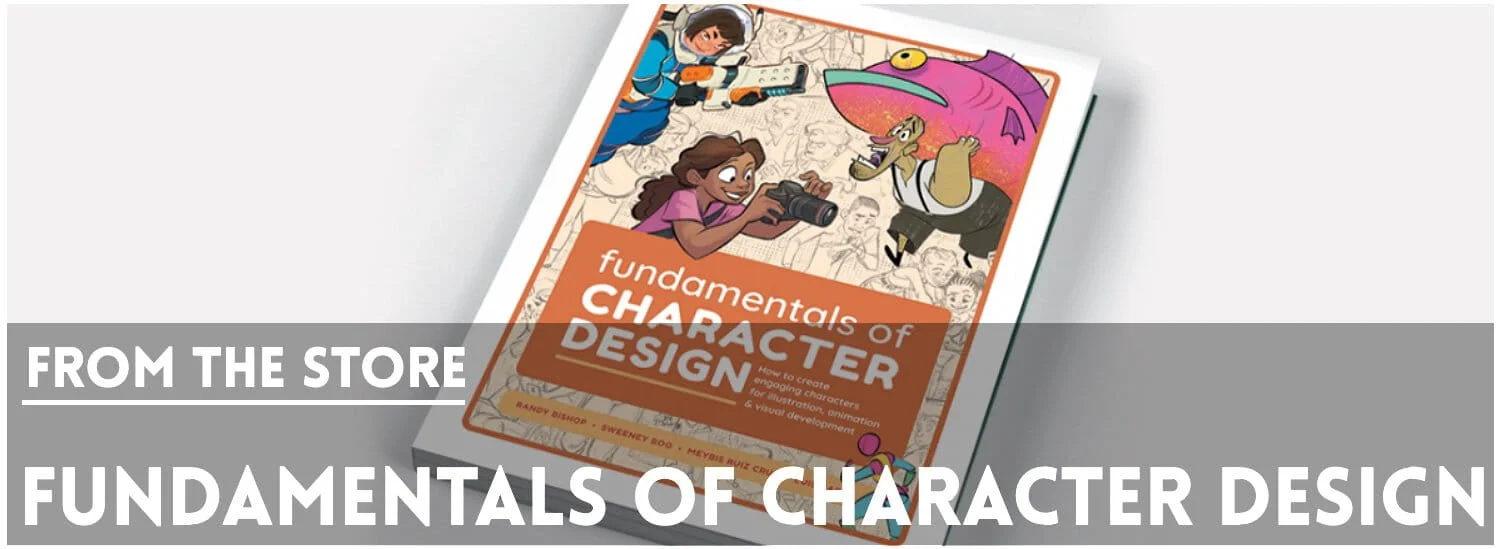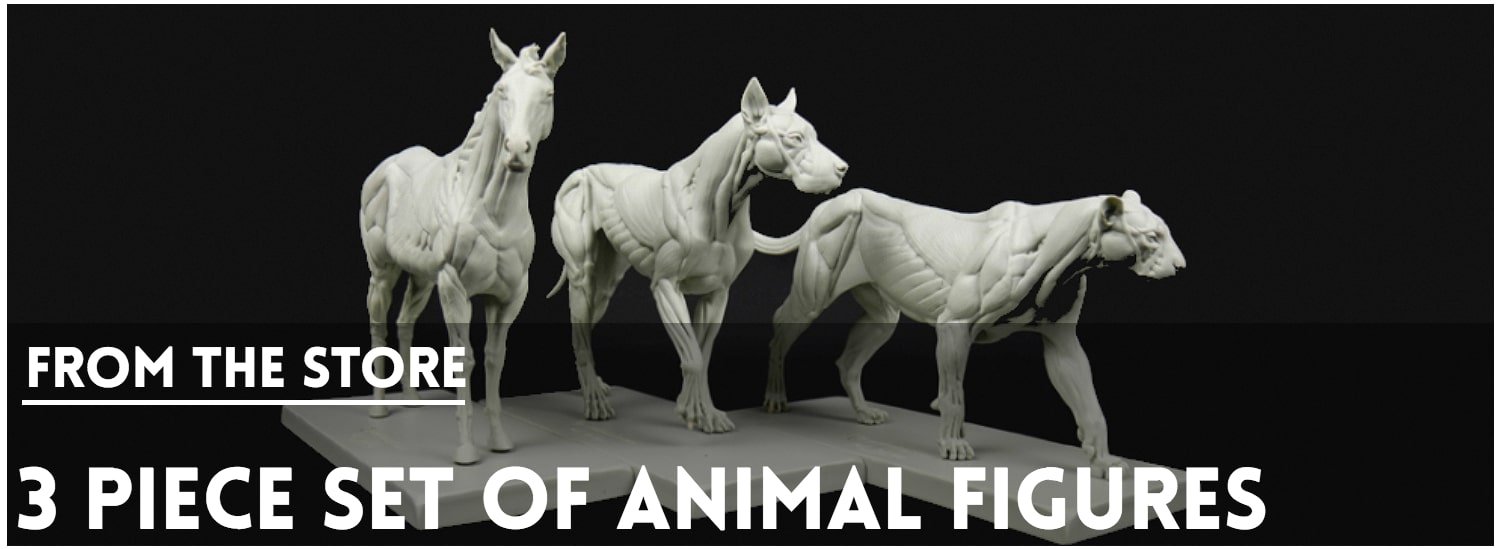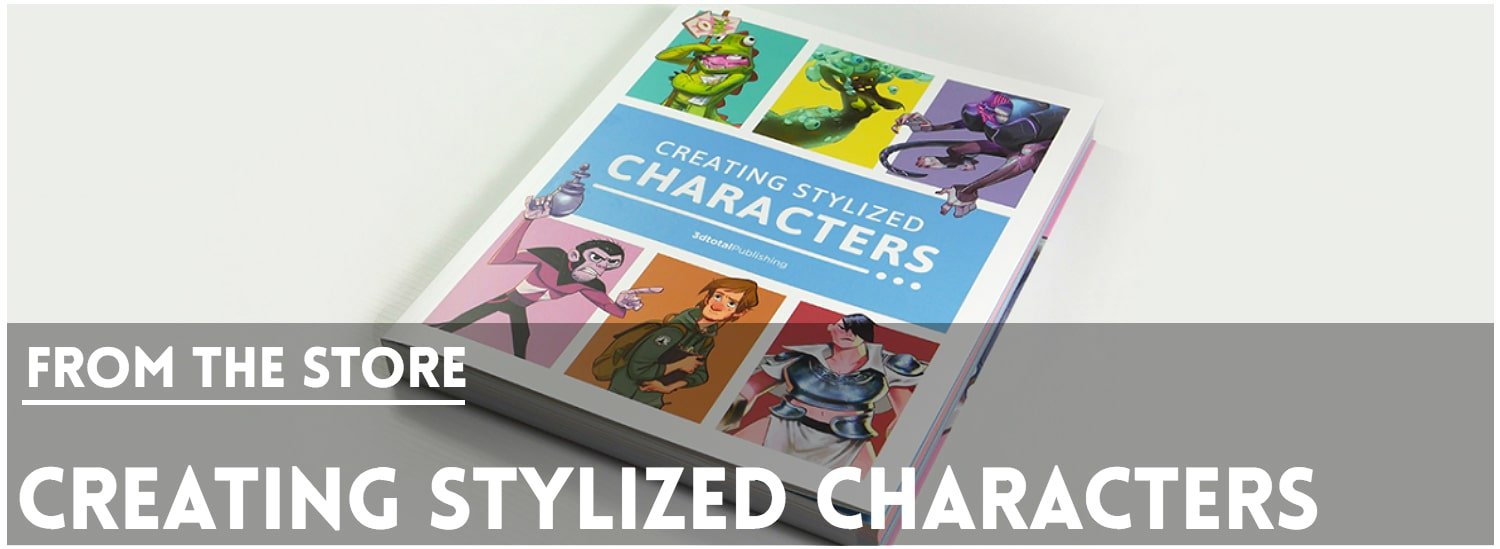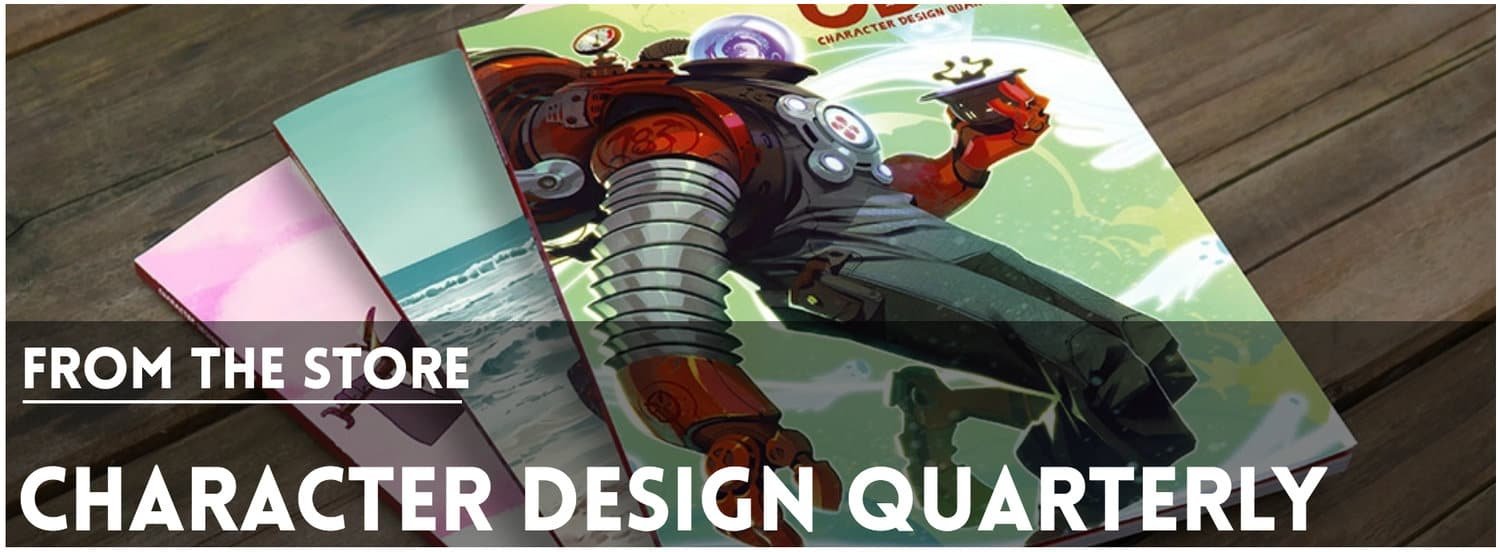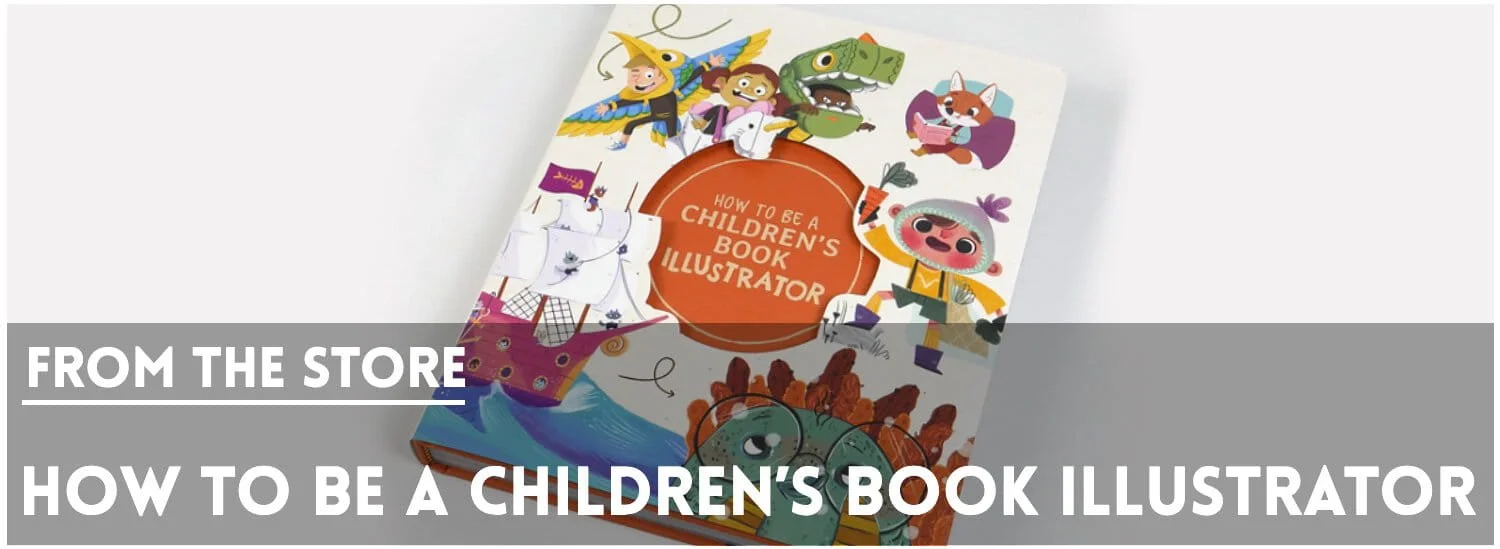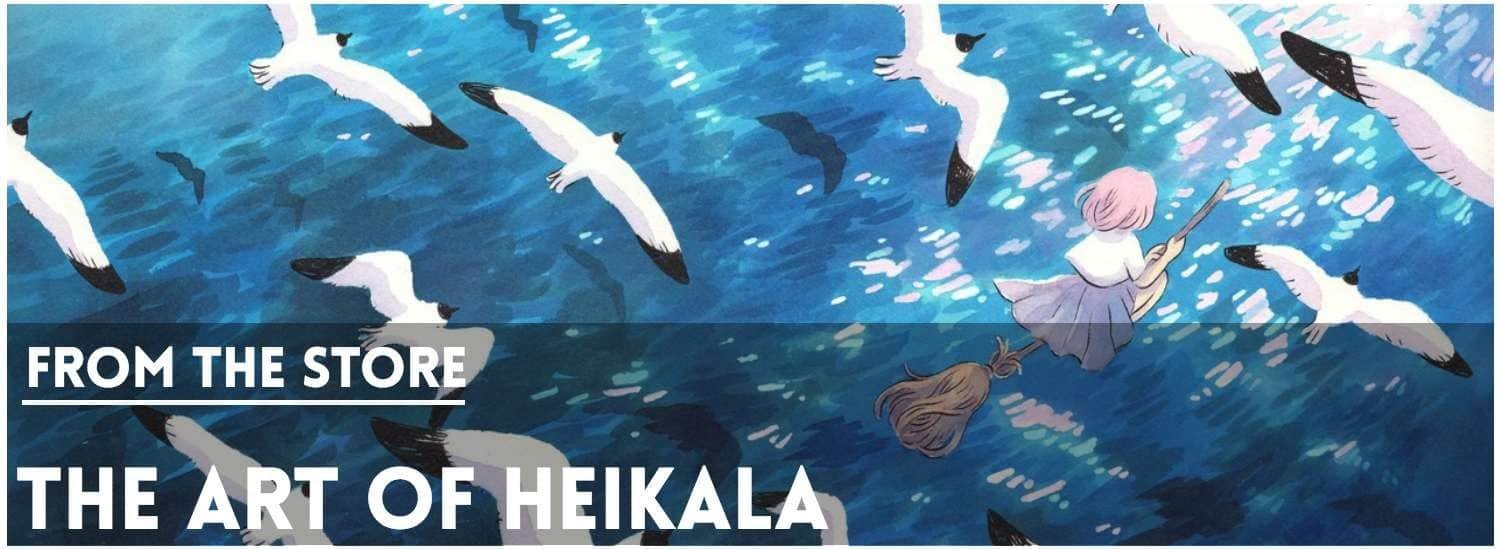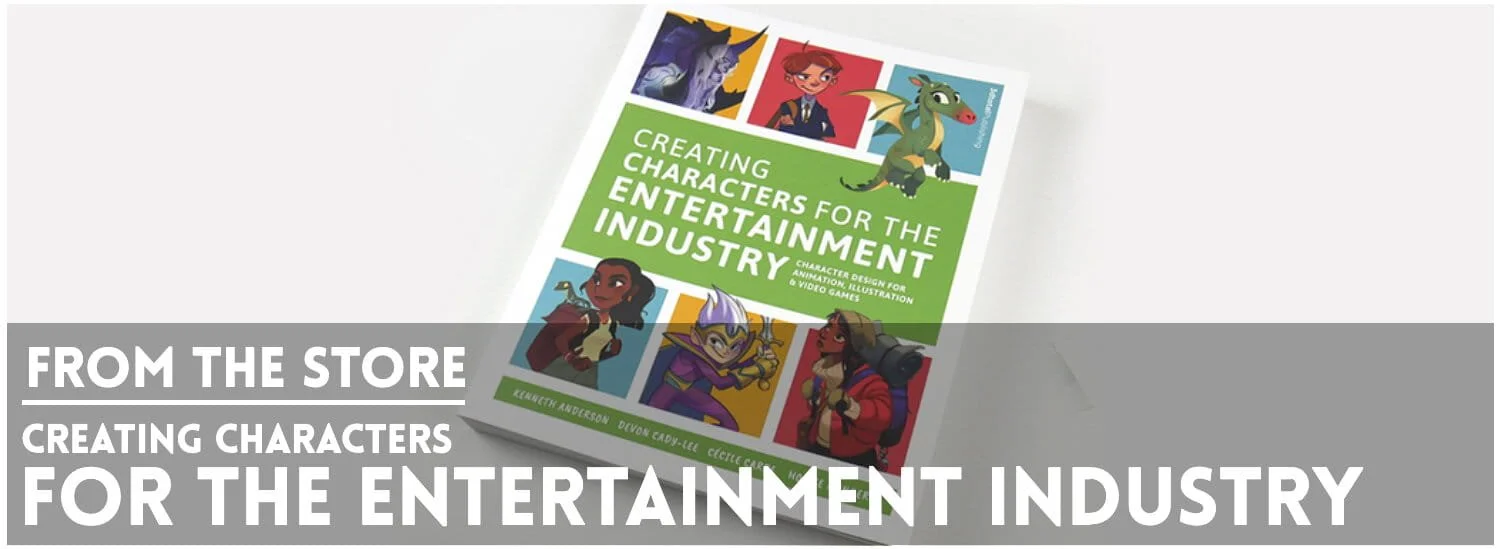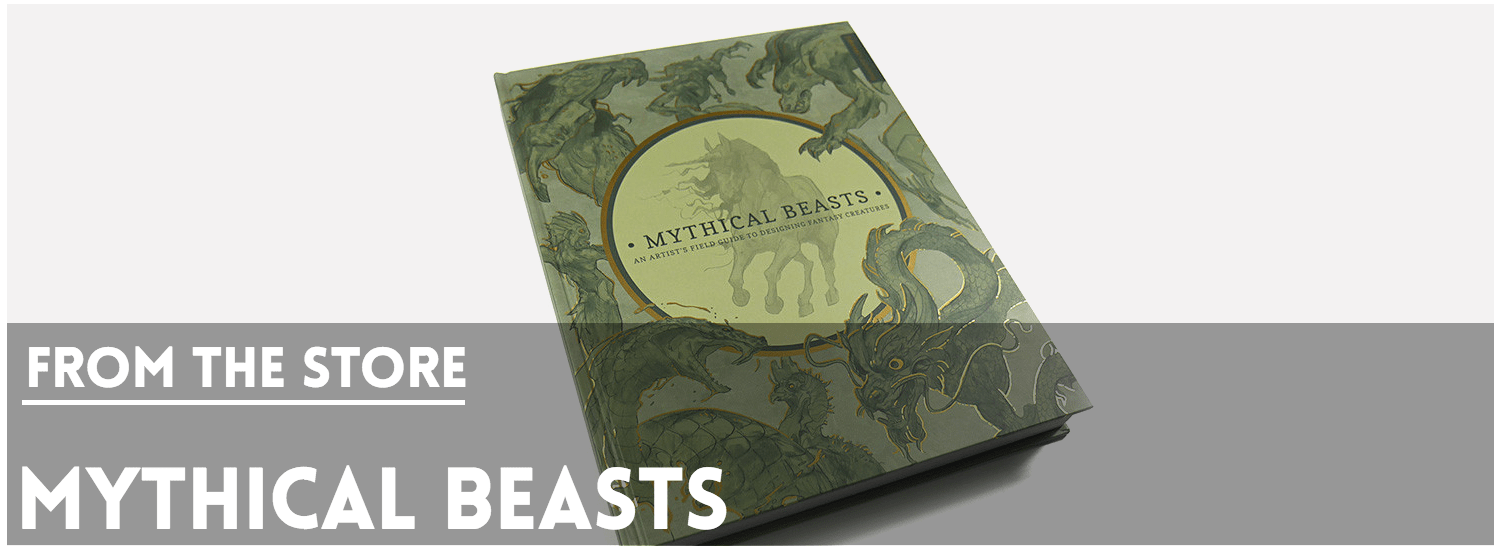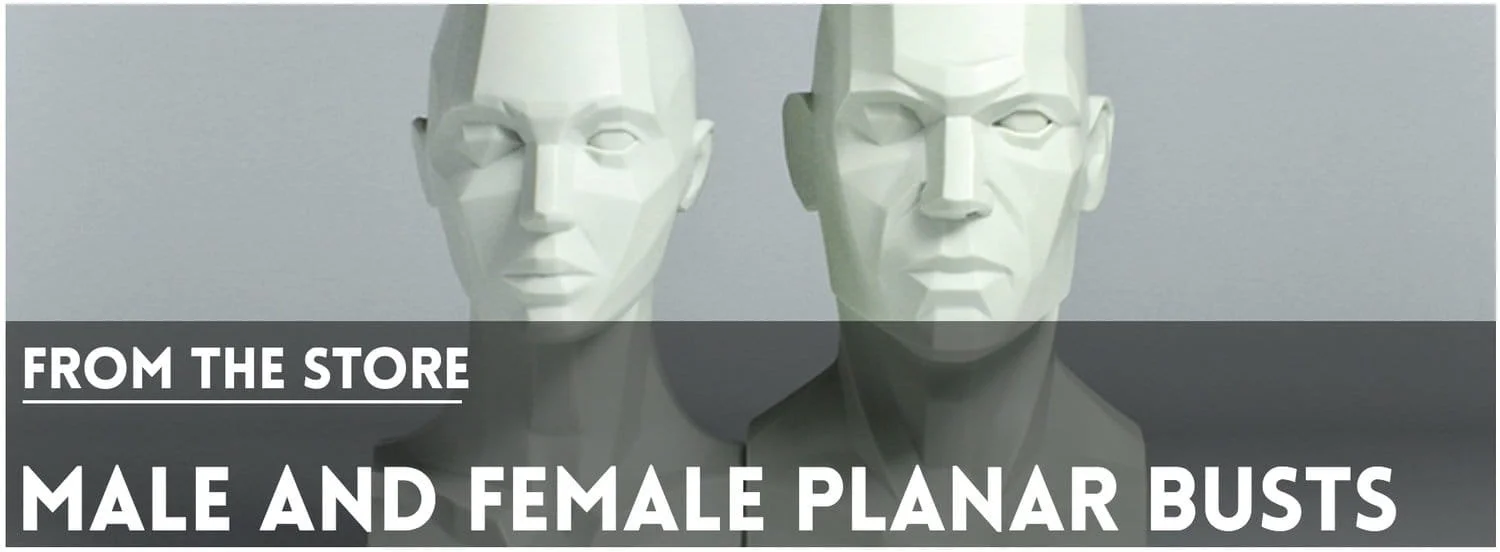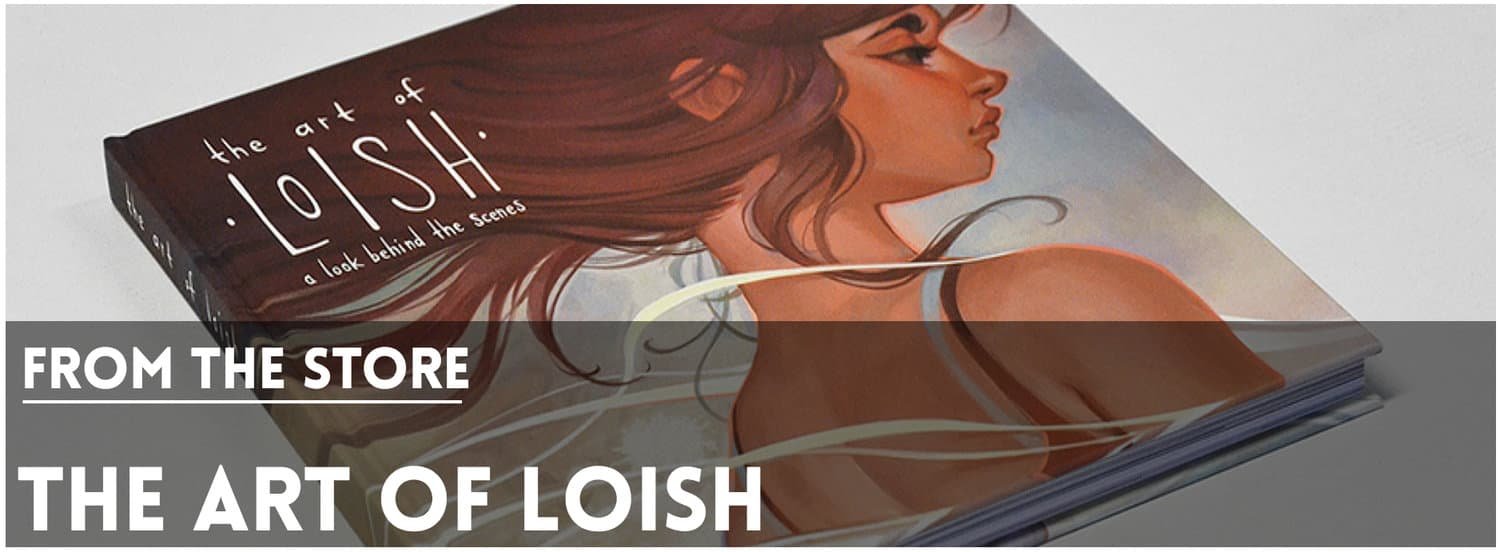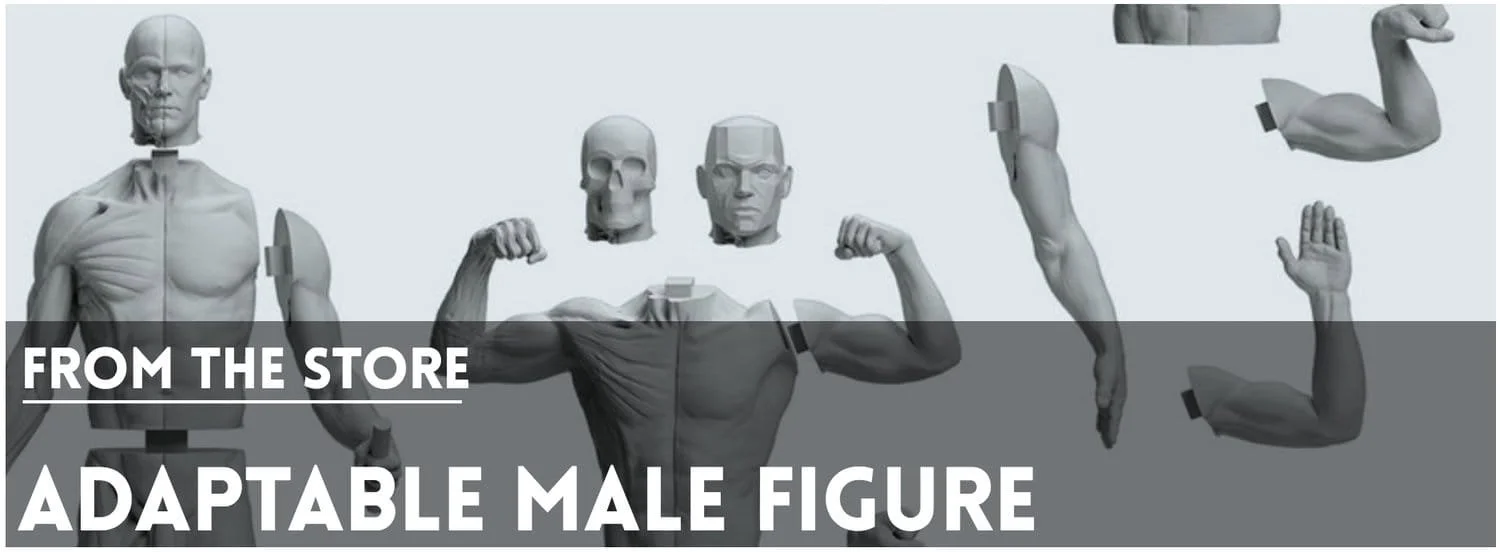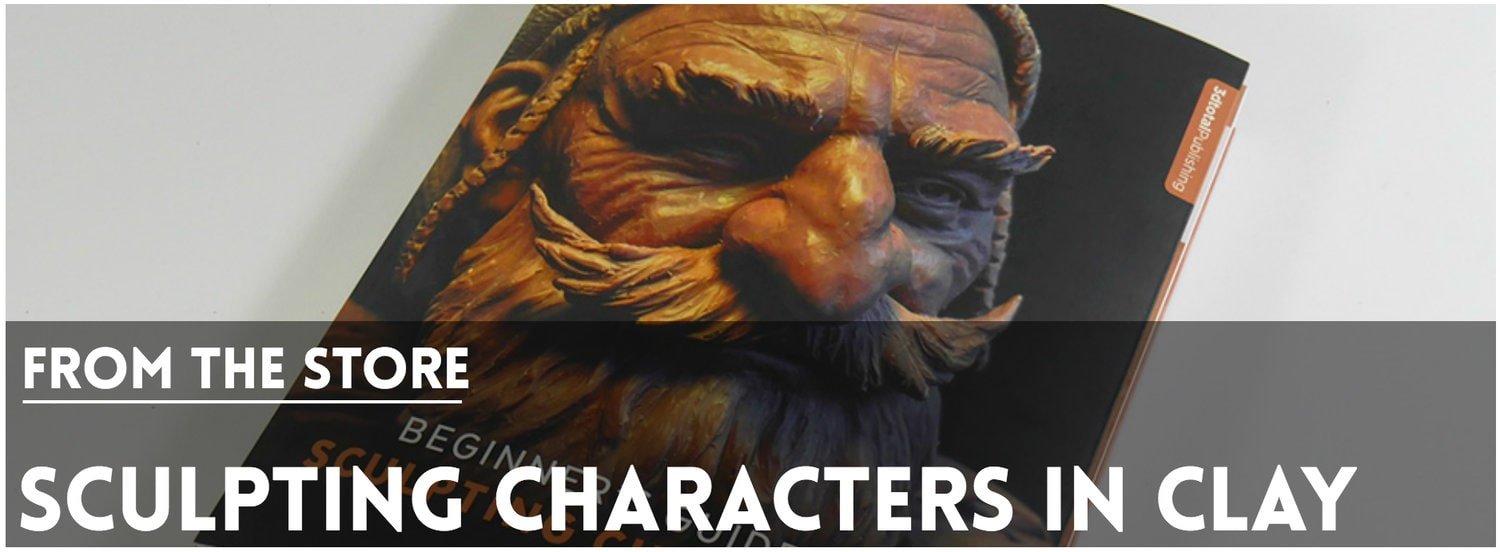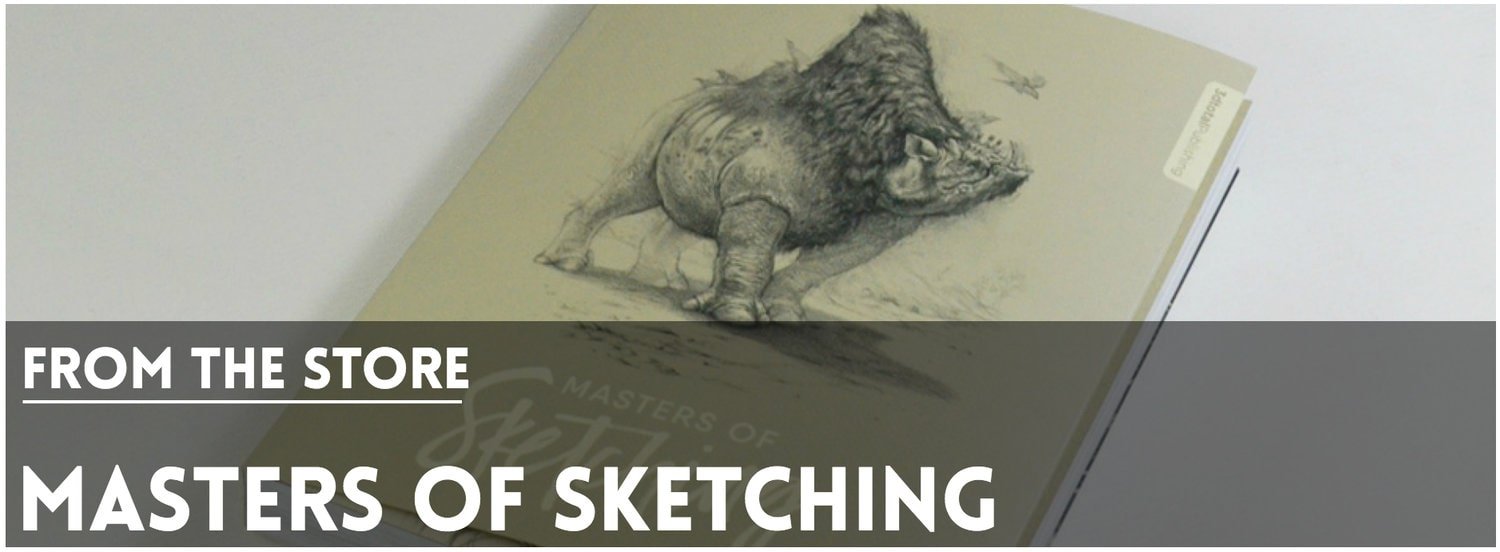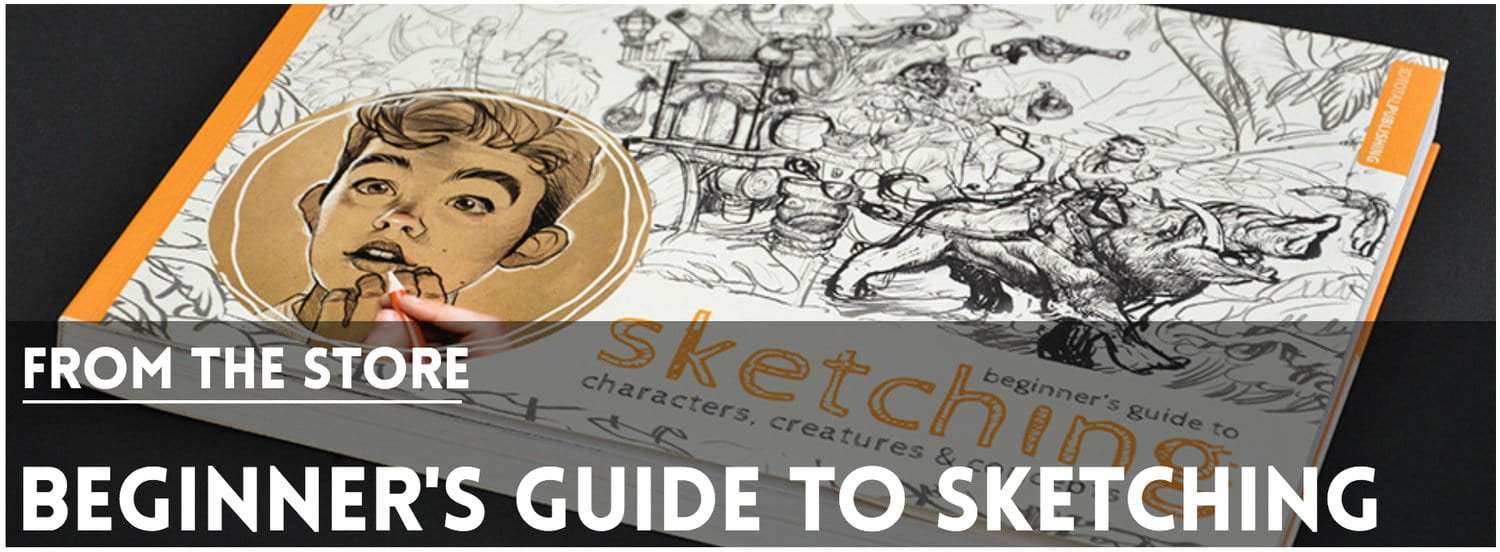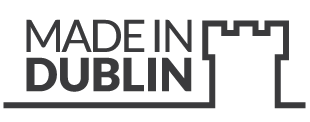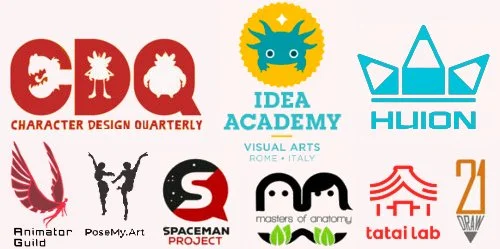Enrique Fernández
/Where did you grow up? At what age did you start thinking about pursuing an artistic career?
I was born in Barcelona, Spain but I actually live in the countryside of Girona. I think my all career was influenced by my brother who was really passionate about visual arts, especially comics and animation. He is five years older than myself and that allowed me to access some more mature stuff that influenced a lot my artistic vision, like the works of Richard Corben, Wrightson (and many others) who were published on very influential Spanish magazines such as ‘‘1984’’ and ‘‘Zona 84’’. Those publications were a goldmine, full of artworks from many talents from the 80’s. I think I was around 15 years old when I decided to focus on art as a profession, and I was more oriented to animation at first.
Did you go to an art school or are you self taught? How did you develop your skills?
I’m a self taught. I started Fine Arts but left it just after a year, it was definitely not the place for me. At that time there weren't as many visual/animation/comic schools to choose from as there are today (perhaps only one!), but I was lucky enough to participate to a short animation workshop. It was back then that I learned some of the basics and shortly after I started to work in the industry. That was the only art education I had basically received, but luckily while I was there I had the chance to meet some really talented people who really pushed my motivation. That's the essential requirement to evolve, the willingness to learn from everywhere and everyone. The rest is just practicing your technique and enjoying what you do, even if it’s not as perfect as you would like it to be.
What was the strongest influence you had when you were growing up ( artists, movies, cartoons, comics etc.. ) ?
As I’ve mentioned before, the comic magazines of the 80’s were a huge influence for me. The work of artists so different from one another like Breccia, Carlos Nine, Segrelles, Corben, Bisley or Bernet were all included in a single monthly magazine. There was also many other artists whose style was not really attractive to me, but in some way also those works helped me to have a broader perspective about art and learn more narrative and technical approaches. A part from comics, 2D animation (with Disney and DreamWorks as the main representatives) was another great influence, Mulan and Prince of Egypt in particular. Those were really mind blowing motion pictures, both in term of style and narration.
From the initial client idea to the final work: What goes through your mind and what is the method you use when starting a project? Could you describe it?
The initial part is the most important, when the client describe as much as possible what they want. It’s the moment where the project is still open to any kind of variations and is still possible to explore and propose many things. Of course they are asking you something similar to your art portfolio but I tend to propose new things, just in case. Sometimes it works and it’s more exciting because then we are walking into unknown territories together. My main goal is always to fit as much as possible on the client's proposal, but trying to add an extra value. Adding more elements from what was originally proposed by the client, but that could fit well on the pitch.
Then it depends on the kind of final product, if the designs would be translated to 3D or if it's just an illustration, or if my work is just inspirational as a concept artist and I just have to translate a text for an initial visual development. I adapt the technique in each case to avoid going too far, giving the information but without focusing too much on a rendering that is not necessary at that point. My main initial goals are readability, composition, proportions, light and colour. With very few elements combined well you can explain effectively a big concept.
What is your process in creating your art and what are your favourite tools?
I usually work on a 13" Cintiq or on a 12" Samsung tablet. I don't feel comfortable with the big ones as they remind me too much they are screens. With the small ones I keep feeling like working on a piece of paper. I was a Corel Painter software big fan for many years, but recently I have switched almost completely to Clip Studio Paint to do everything. I use Photoshop for some visual and editing but never felt well with it to just paint.
I use digital painting the same way I would use traditional painting, but adding the advantages of lights and colour values that are so easy to change and experimenting with. I hate layers, I work on two or three at best and I always merge them to work as much as possible on a single one. This way I feel that the process is more fresh and even if I’m afraid of making mistakes like everyone else, the brain do his work before all the strokes. The concept of what I want to do is more clear before the tip of the pencil hits the screen, and that avoids a lot of useless work.
I also love to experiment with new softwares, particularly the ones that simulate watercolours like Rebelle or Expressii.
What part of the creation process is the most fun and easy and what part is the hardest?
The initial moments are the most exciting and interesting, when you have to push yourself to explore and try to break with all you have done before. You feel like you will evolve a lot and will find a whole new style or technique that would fit great with the project. Then comes that moment of truth when you are exhausted and have to negotiate with yourself: you have’t found the perfect thing for the project and even if you are half the way to discover something great you must be doing your job on time, you need to be productive. For me that's the hardest part, as it feels a bit like surrendering to your expectations. But later on you find that in fact you have evolved a bit or you have discovered something really interesting during this process, and that makes you appreciate better the whole work done, as it will help a lot for the next one.
What is a typical day for you, and who are the people you work, collaborate or share your creative time with?
My working hours are quite defined by my two daughters school’s schedule. I try to work before they wake up in the morning, work for a while they are in school, and stop again when they leave. Then I work a bit more in the evening before going to bed. I share almost all my creative time with my wife who is also an illustrator (know as Wenyuri). We share a lot of motivations and speak a lot about projects and artists we love. We really would like to do a book together in the future!
What are some of the things you have learned from other artists who you have worked with or whose work you have seen?
There are many, but regarding comics the most valuable is the one that was given to me by Munuera (a talented Spanish artist) at the beginning of my professional comic career. We were talking about how disappointing was the rendering of the final page compared to what we had in mind before starting it. At some point he just said to me "the next one will be better", and even being such a simple concept, realising the truthness of that statement was an epiphany for me, as you can translate that to any kind of art that needs to be productive. You can’t focus on what you have done, searching for some sort of perfection that is only in your mind, nor you can constantly go backwards trying to make it better. Instead, you need to evolve and keep your rhythm and motivation intact for the next page.
What projects have you worked on in the past and what are you working on at the moment (if you can tell us)?
I can only tell you that I'm working with Tequila Works for two video games that they have in development, but I cannot say too much about it yet. Recently I have also been working for DreamWorks (helping with the designs of the Trollhunters series), and Netflix for the visual development of an animation movie.
Do you have a long term career goal? What would your dream project be?
I would enjoy to focus more on children illustration books in the future. I like them so much and I’m envy of the freshness and charm of many illustrators in this field. It would also allow me to do more traditional art, which I love.
Working for a company or freelancing: what suits you best? And why?
I have been almost always a freelancer, and now I think I couldn’t work for a company on site anymore. I like the freedom I have working from home, even if at the end of the day that sometimes means more working hours. I have to admit though that the most positive side of working for a company on site is the way you share and learn from other people in your team. That's something I really miss at times, but I’m someone who very much enjoys his privacy and the fact that as a freelancer I can have more time to spend with my family is priceless.
What advice would you give to an artist who is dealing with an artist's block? How do you boost your imagination and keep yourself creative?
What works for me is to leave everything on the table, then walk (in the nearby forest if possible) during an hour or more trying to think on something completely different. I believe is related to our hormonal system, it’s something like a reset for our brain, and it works.
Concept art, animation, illustration, comics, you name it. There are so many careers and when you are very young, sometimes you know only one thing: you simply love to draw. In your opinion, what should a young person take into consideration to make the right decision when choosing an artistic path?
I think the answer is already in the question: "you simply love to draw". The rest will come by itself. When I was a teenager I loved comics but even if I wanted to do one, I never thought that it could be an actual profession for me. Later I focused a lot on animation and my dream was to be animator for Disney. It had to be there or nothing! But once you are in the industry you learn from it and realise how many kind of jobs are actually available. I always liked to be an animator, but I also like character design, background painting... and then I discovered storyboarding and felt in love with it.
After those years I decided to focus my career on comic books and I started to work professionally for the French market. Since then I have combined a lot of jobs (character designer, illustrator, concept art, and more). Sometimes the work done for comic books called the attention of a some animation studios. You never know where your art is going to be and which doors will open for you, but you should be true to yourself and do your work with a lot of respect to your ideals.
Social networks, crowd funding websites, print on demand online services and so on. New media on the Internet are connecting the artists directly with their fans like never before. In your opinion, how is this affecting the industry and what are the pros and cons?
I arrived too late in the social media scene and even if I use them all day, I feel it’s something far from perfect. Don’t get me wrong they do have plenty of benefits. I can share my projects and ideas with people from all over the world which is great (especially for a freelancer such as myself who works in the countryside), but the downside is that the way content is distributed on social media nowadays seems to have become a broken system in which, most of the times, the visibility for your work depends on the whims of a logarithm that only by mere luck will feature your art on the homepage of your fans. That's quite annoying, as it feels that we have lost the capability to see what we actually want to see. I wonder why I cannot see the works of people I chose to follow while my home page gets filled with plenty of useless advertising. At the end of the day I understand that social media is a business like others and needs to find its means to sustain itself, but when I go to a shoe shop.. well I want to buy shoes, not elephants. Why we can't apply the same basic logic on social media is beyond me, so I believe that there’s definitely room for improvement.
Regarding crowdfunding platforms, when they started to be interesting to book creators there was a constant debate about how the traditional industry could survive. I think is a natural fear we all have against anything new since the discovery of fire. Of course the traditional industry can not remain asleep while the market evolves, but neither the new platforms can. They will live together. I think that we will all benefit from this situation as the market is more open and the industry will do more to control the quality of the products.
Finally, where can we see your art online and get in touch with you? How can we buy your creations and support your work?
My website is ( www.enrique-fernandez.com ) but I update more often on my Behance ( behance.net/enriquefdez ) and my Instagram ( @jenrycomic ).
Thank you Enrique :)
Brigada is back!
After the success of the two previous BRIGADE books, Enrique Fernández returns to conclude his exciting trilogy. Discover all the details about the highly anticipated final chapter.
